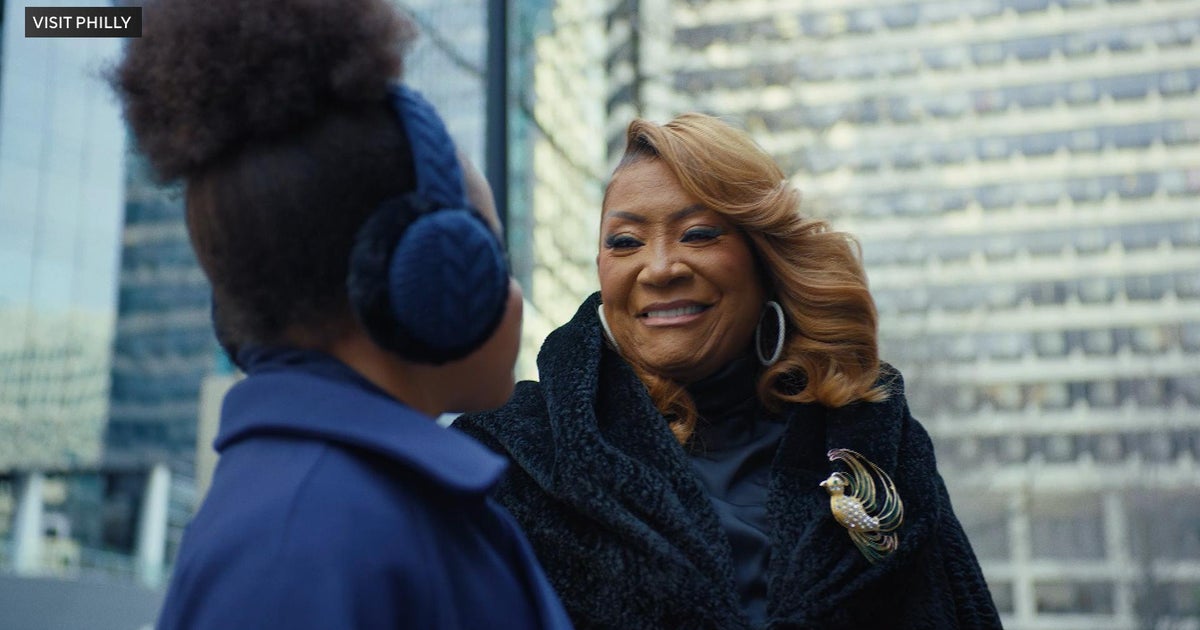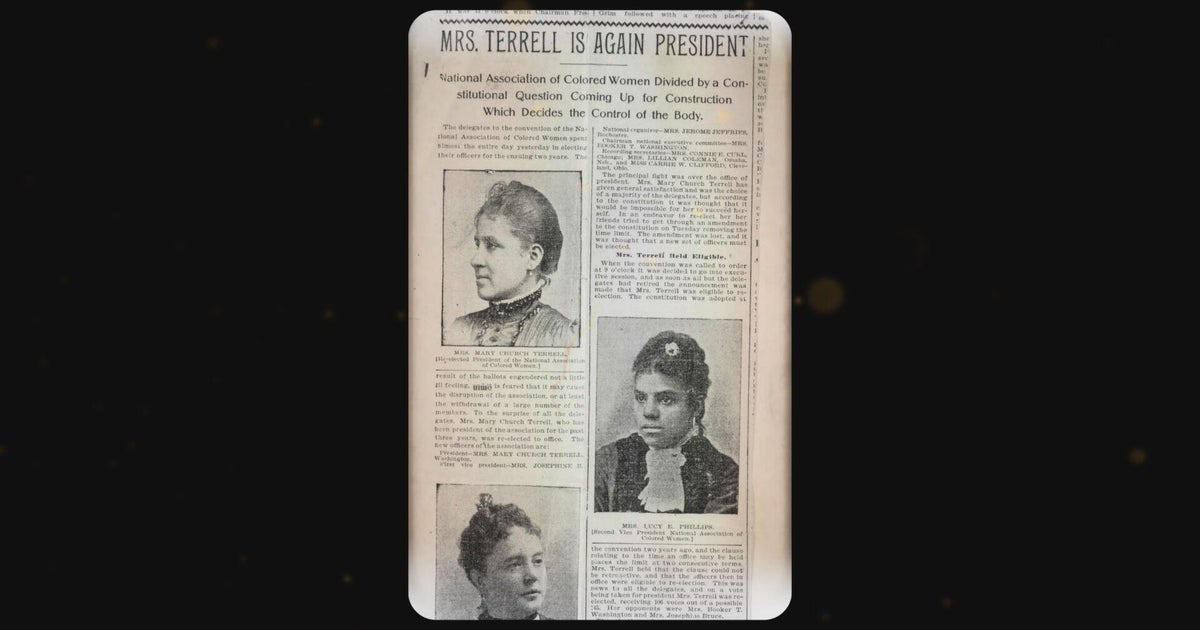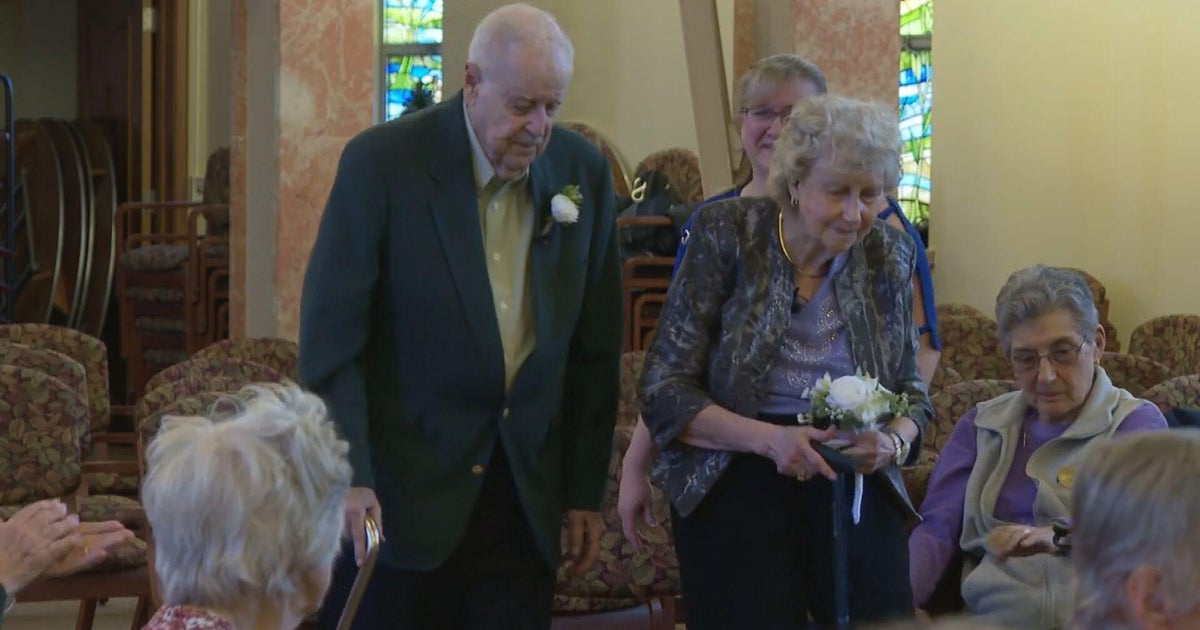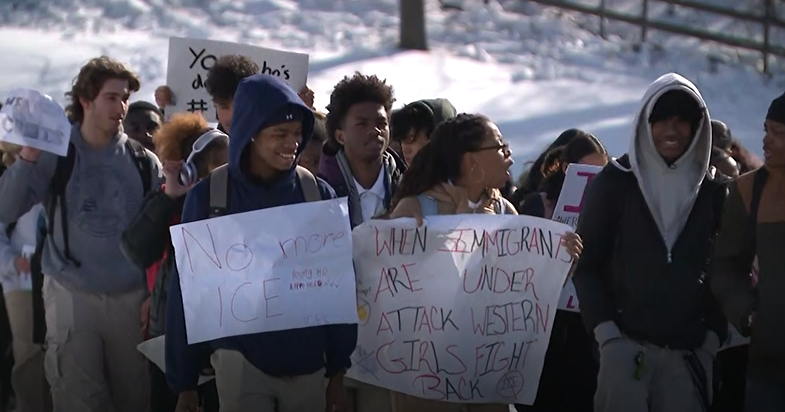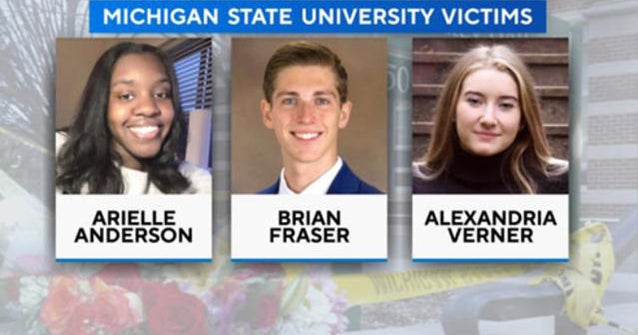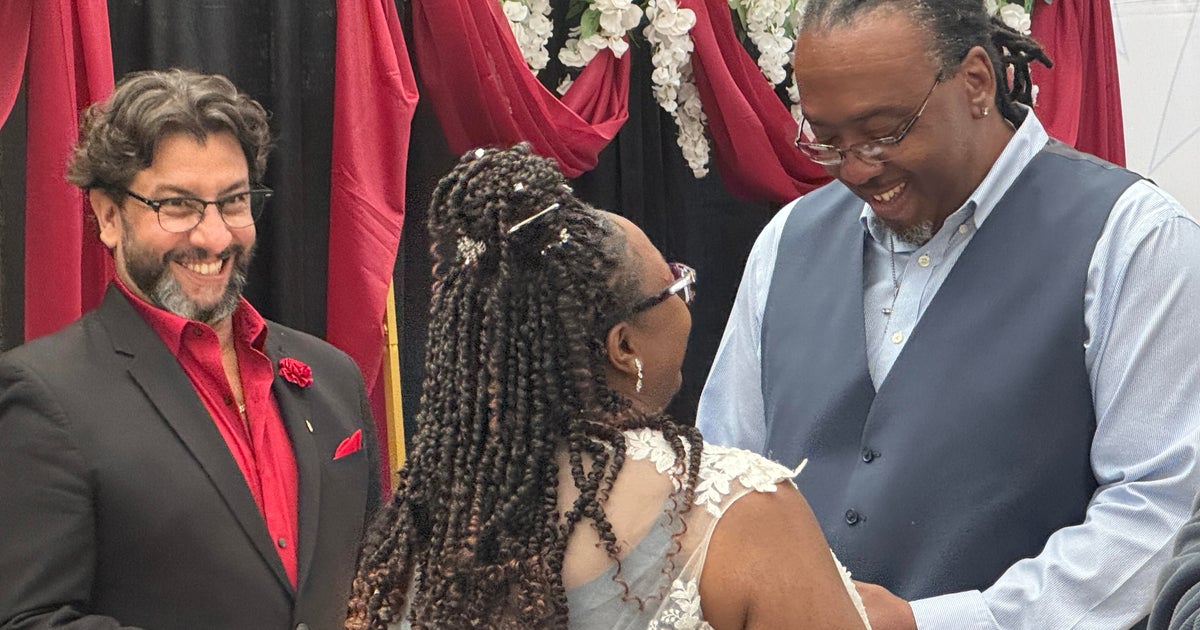Historic Day: Celebrating The 50th Anniversary Of 'I Have A Dream'
WASHINGTON (AP/WJZ) -- History is being commemorated and made on the National Mall. Thousands are gathering for the 50th anniversary of the March on Washington.
Vic Carter was there.
Thousands of people came to D.C. to the Tidal Basin and to the reflecting pool in front of the Lincoln Memorial to remember Dr. Martin Luther King Jr. and his iconic speech, as well as those people who came here 50 years ago to call for racial justice.
Wednesday, President Barack Obama paid tribute to Dr. King on the steps of the Lincoln Memorial.
Members of the King family and three U.S. presidents helped ring a bell, marking the hour Dr. Martin Luther King Jr. delivered his landmark speech.
President Obama stood in the same spot where Dr. King addressed a crowd of 250,000 in 1963.
"Because they marched, city councils changed and state legislatures changed and Congress changed, and yes, eventually the White House changed," the president said.
The day was filled with dance, music and marches and calls to keep Dr. King's dream alive.
"We must never ever give up. We must never ever give in. We must keep the faith and keep our eyes on the prize," said Rep. John Lewis, (D) Georgia.
Tens of thousands joined together on a rainy day in the nation's capital to celebrate this anniversary. Many weren't alive when King gave voice to the struggle for racial equality. Others were civil rights veterans.
Edith Cannon helped organize the lunch counter sit-ins as a college student in Jackson, Miss.
"Martin Luther King came up to a rally and I had my arm in his. And I thought that was just so special," she said.
Hundreds started the day commemorating the 1963 march for jobs and freedom with a march through the streets of Washington.
"This march and that speech changed America," said former President Bill Clinton.
A half century later, it was a day to reflect on how far the country has come and renew Dr. King's call for jobs and freedom.
Church bells rang out Wednesday at the National Cathedral and at sites nationwide to answer a call from one of the most important civil rights speeches in history to "let freedom ring."
Organizers said people at more than 300 locations in nearly every state were ringing their bells to commemorate Martin Luther King Jr.'s Aug. 28, 1963 "I Have a Dream" speech.
At the National Cathedral in Washington, the central bell tower played "Lift Every Voice and Sing" from the carillon, along with other hymns and spirituals. The bells rang for about 15 minutes to mark the moment when the speech was delivered.
"I remember 50 years ago: the marching, the throngs of people, the speech, the energy," said Patty Mason, 69, of Bethesda, Md., who was one of about two dozen people who gathered outside the cathedral, gazing up at the bell tower. "It was amazing, just amazing."
Commemorations were taking place from a mountain in Georgia carved with the likenesses of Confederate leaders to the far reaches of Alaska, where participants rang cow bells and bear bells in Juneau.
Many of the commemorations were in sync with the hour when King gave his speech, 3 p.m. EDT, though some churches planned to ring their bells at 3 p.m. local time.
Fifty years ago, as King was wrapping up his speech at the Lincoln Memorial, he quoted from the patriotic song, "My Country `tis of Thee." King implored his audience to "let freedom ring" from the hilltops and mountains of every state in the nation, some of which he cited by name in his speech.
"When we allow freedom to ring -- when we let it ring from every city and every hamlet, from every state and every city, we will be able to speed up that day when all of God's children, black men and white men, Jews and Gentiles, Protestants and Catholics, will be able to join hands and sing in the words of the old Negro spiritual, `Free at last, free at last, great God almighty, we are free at last," King said in closing.
One of the places cited in King's speech was Georgia's Stone Mountain, a granite outcropping east of Atlanta. The park is a memorial to the Confederacy, including a 17,000-square-foot sculpture of three Confederate leaders carved into the mountainside itself. The Ku Klux Klan held rallies there during the 20th century. Now it's a favorite hiking destination for families white and black.
On Wednesday, about 30 children and adults hiked up the mountain to join a commemoration. At the summit, participants played a recording of King's speech and sang "We Shall Overcome," a spiritual favored by civil rights marchers. They also rang bells.
One hiker, Gail Scotton Baylor, 58, recalled watching King's speech on a black-and-white TV from her family's home in High Point, N.C. As a child, she remembered watching white children eat ice cream in a parlor while she and other black children were served at a side door. She remembered segregated water fountains and bathrooms. She recalled the dejected look on her father's face when a restaurant refused to let him buy hamburgers for his family because he was black.
"I do remember Dr. Martin Luther King saying, `Free at last, free at last, thank God Almighty, I'm free at last,' and hearing all these people yelling and screaming. And I knew, I knew this was a very important day as a little girl," she said. "And I felt like something good was happening -- that something good was going to happen for us as a people, black people. Because even as a child, I knew that something was wrong."
David Soleil, a founder of the Sudbury School of Atlanta, brought students and parents to the march. He read passages from King's speech as they progressed.
"This is a place that has just had a history of racism and pain," he said. "But we're here. And we're fulfilling that dream that freedom is going to ring from Stone Mountain. Even in places that birth hate, that we can still come and birth love."
In Western Pennsylvania, students and professors at Allegheny College celebrated their area's connection to the speech, which mentions "the mighty Alleghenies of Pennsylvania."
Some at the school have wondered whether the line in the speech was a way of acknowledging the school, since several Allegheny students were also active in King's civil rights movement in the early 1960s. The school is located in Meadville, a small town about 90 miles north of Pittsburgh.
Charles B. Ketcham, 87, a former professor of religion at Allegheny who corresponded with King in the early 1960s, said that might be a stretch.
"It was probably a beautiful way to get some alliteration. He was wonderful at that," Ketcham said of King.
Ketcham didn't go to Washington 50 years ago, but followed the speech, and those today honoring it.
"I think we have made tremendous progress. But I do think we have a long way to go," Ketcham said, reflecting back on 1963.
While Alaska wasn't mentioned in King's speech, residents there found a unique way to commemorate the speech.
A small group gathered in the courthouse plaza in Juneau, Alaska, across from the state Capitol, to mark the occasion by ringing bear bells, cowbells and hand bells at the appointed time. Bear bells are used by hikers to make noise to let bears know people are around.
The group -- which included the local police chief -- then joined hands to sing "We Shall Overcome."
Charmaine Weeks, a housewife, called the 50th anniversary of the speech a momentous occasion. "And I think across the country everyone recognizes that. And it's important that everyone, whether it's in the Last Frontier, you know, or in Washington, D.C., that you mark it, however that is."
At the National Cathedral, some women who gathered outside, both black and white, hummed along to "We Shall Overcome," and "Amazing Grace." King preached his final Sunday sermon at the National Cathedral in 1968 before traveling on to Memphis, Tenn., where he was assassinated.
Carin Ruff, 48, of Washington, said a tear came to her eye as she heard the cathedral bells and listened to a radio broadcast of Obama and others speaking on the National Mall.
"It felt like this was the neighborhood place to come for big events," she said. "I think it was a fabulous idea."
March on Washington Commemoration:
http://officialmlkdream50.com/
King's "I Have a Dream" Speech:
http://www.archives.gov/press/exhibits/dream-speech.pdf
(Copyright 2013 by The Associated Press. All Rights Reserved.)
